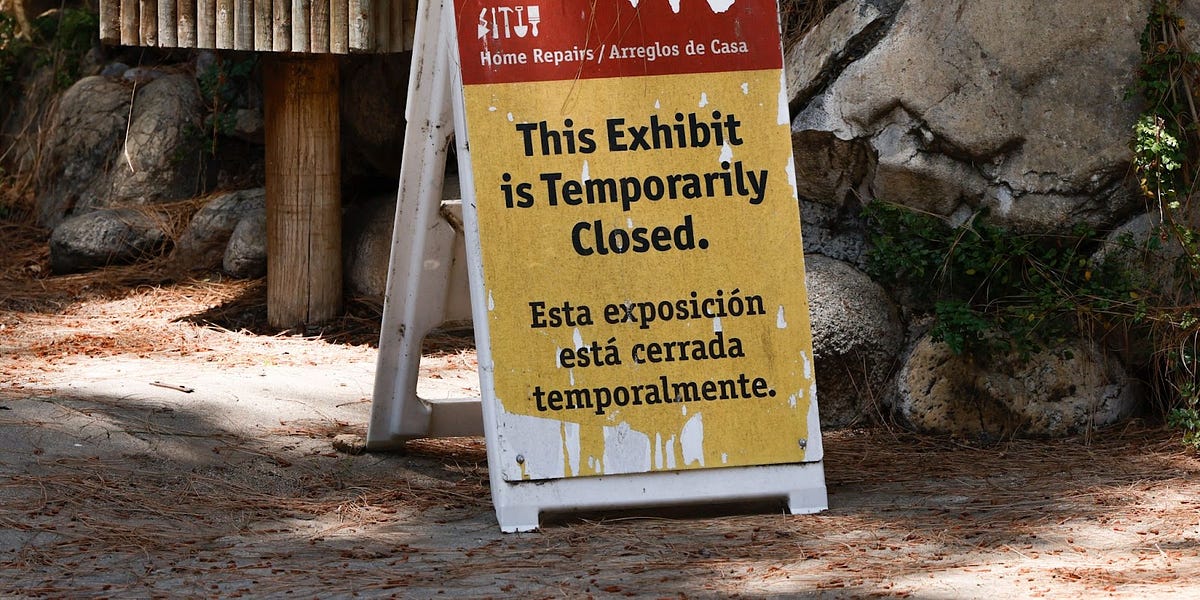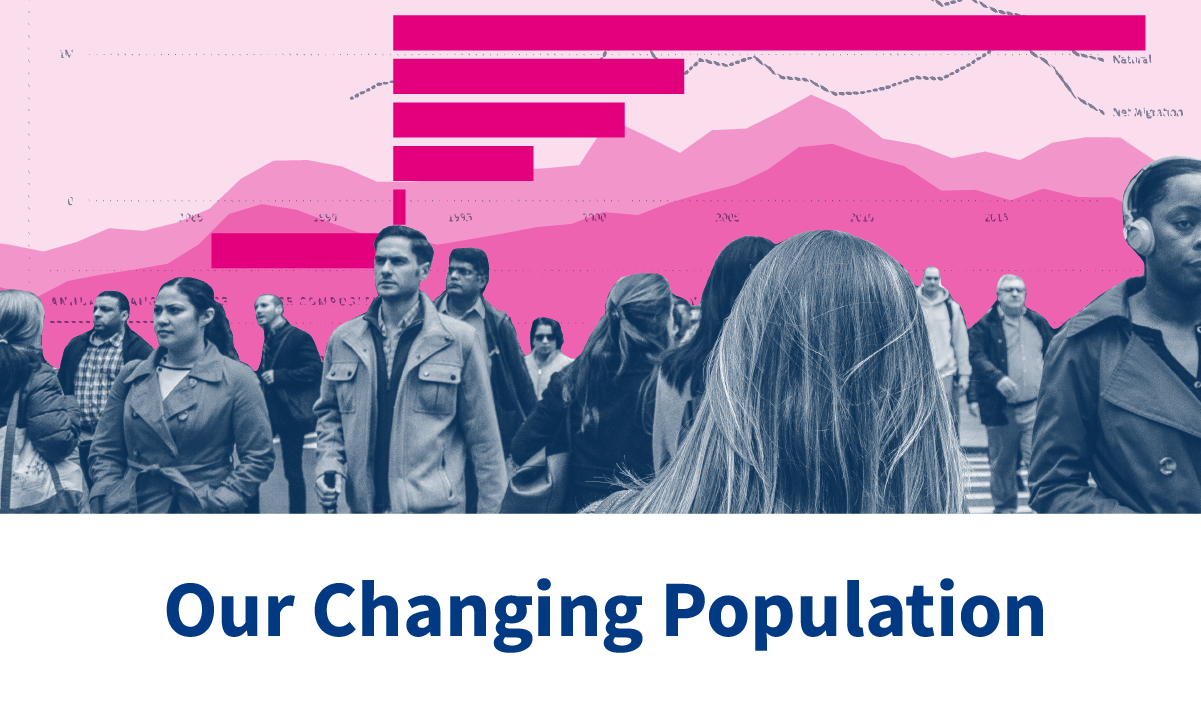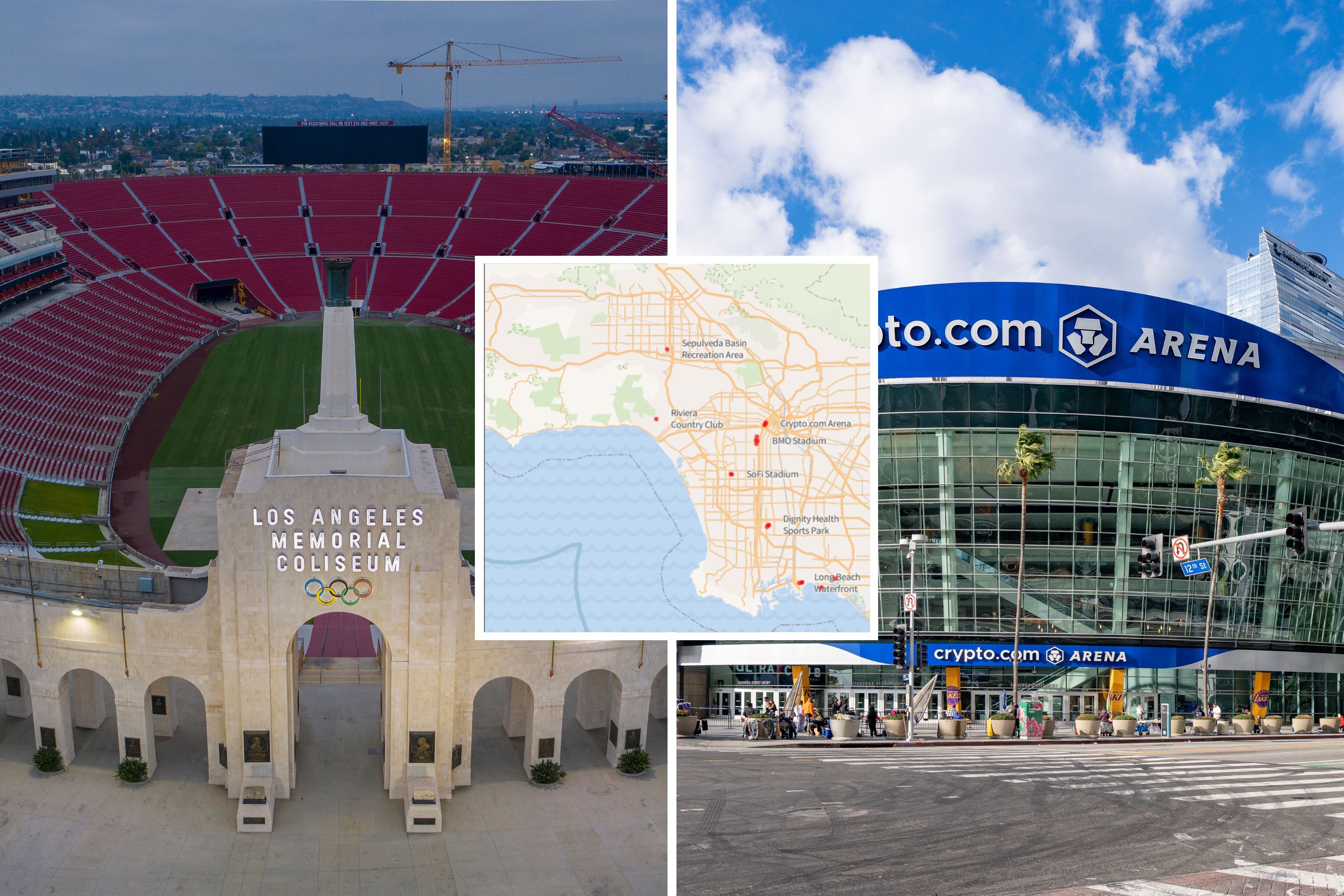- Joined
- May 23, 2024
- Messages
- 5,531
- Reaction score
- 1,785
- Gender
- Male
- Political Leaning
- Other

Why Blue States Can’t Have Nice Things
In the tangle of outsourcing, no one is actually in charge.
It was jarring, in the best way, to see a public space so well-run. Admission is free. Kids walk right up to cows, goats, sheep, and chickens. They climb on old tractors, go on wagon rides, race through open fields.
After a busy morning, we bought $2 Uncrustables and $1.50 popsicles from the gift shop and sat for lunch. At one point, my 3-year-old wandered over to a chicken coop that had been converted into a playhouse. He was inside when a mom rushed over—her son was bleeding. He’d been nicked by a loose plank that had come down in the coop.
Red states actually deliver services. Blue states pat themselves on the back for their empathy for charging double but delivering half as much in services.
But L.A.’s dysfunction reveals something deeper about how we’ve come to think about government. The way we talk about public goods is fake: it’s a debate between Republicans, who believe nearly everything should be privatized, and Democrats, who also believe nearly everything should be privatized—except routed through nonprofits, quasi-public agencies, and for-profit subsidiaries of nonprofits. A city that once boldly built a 230-mile-long aqueduct to steal a river now asks itself: should zoo concessions go to SSA or Aramark?
But L.A. isn’t alone. Even nominally “public” solutions get laundered through the nonprofit/industrial complex—because nobody, not even socialists, want to actually run things. Zohran Mamdani’s much-derided proposal for city-owned grocery stores in New York City in all likelihood wouldn’t involve the city owning grocery stores. His single-paragraph “plan” links to a New York Times article summarizing similar efforts: In Chicago, Mayor Brandon Johnson paid a nonprofit which in turn paid a consultancy to study the feasibility of city-run groceries, only to conclude absolutely nothing at all. A failing Kansas City store is operated by a for-profit subsidiary of a nonprofit that relies on constant cash infusions from the city government.
Even at their best, Blue cities only achieve competence by admitting they can’t govern. The most effective public-private partnerships—Bryant Park, the High Line, LACMA, the Hollywood Bowl—effectively cede control of the public good to private organizations.
I don't want to quote the entire article but it's a good read and starts to get to the bottom of why so many services in so many blue states and cities just can't seem to be delivered. Lots of direct links to what is referenced in this story as well that are quite illuminating, especially with regard to how well those state run grocery stores are likely to work. The nonprofit/industrial complex makes it so no one is accountable, no one delivers much of anything, but everyone gets paid while the constituents suffer.




